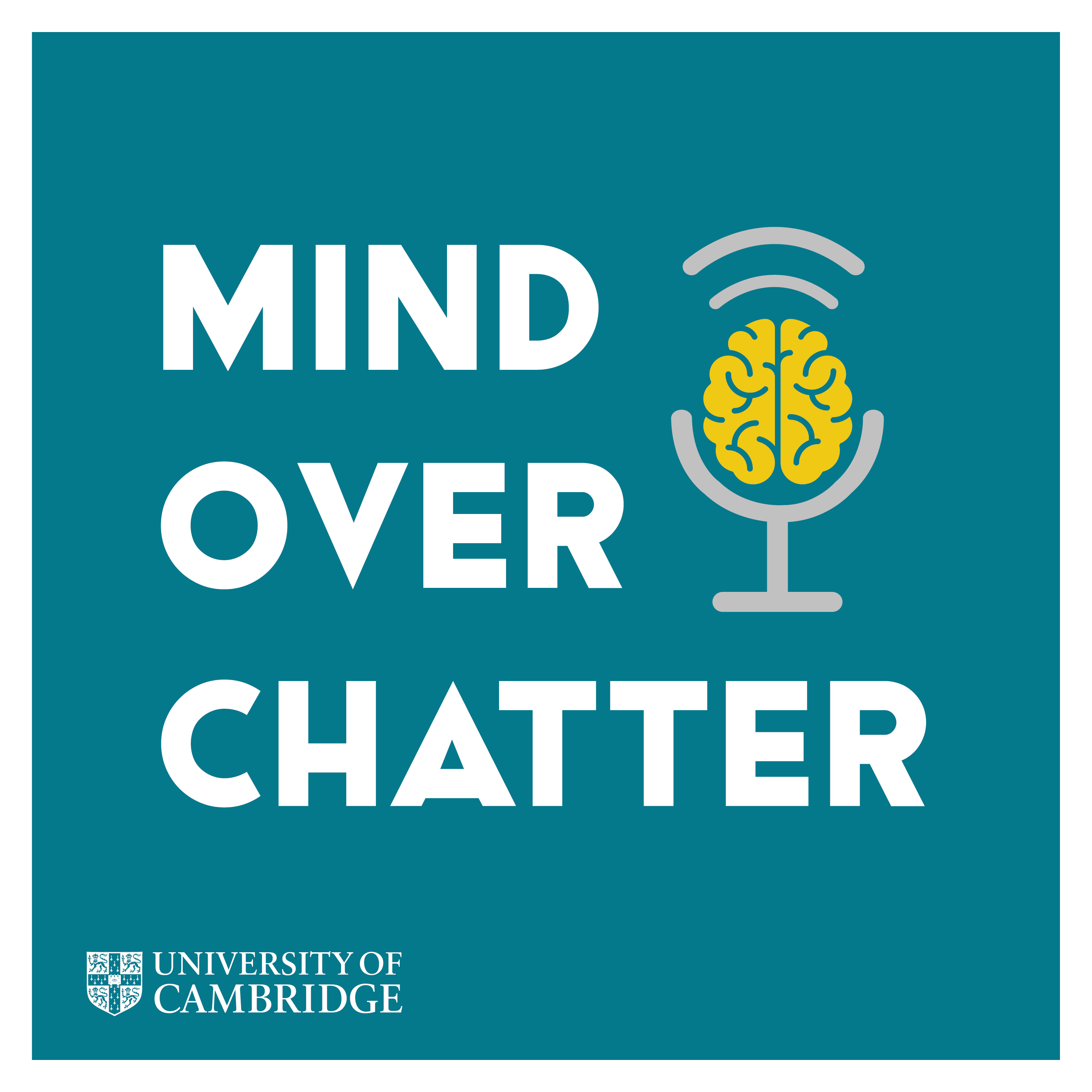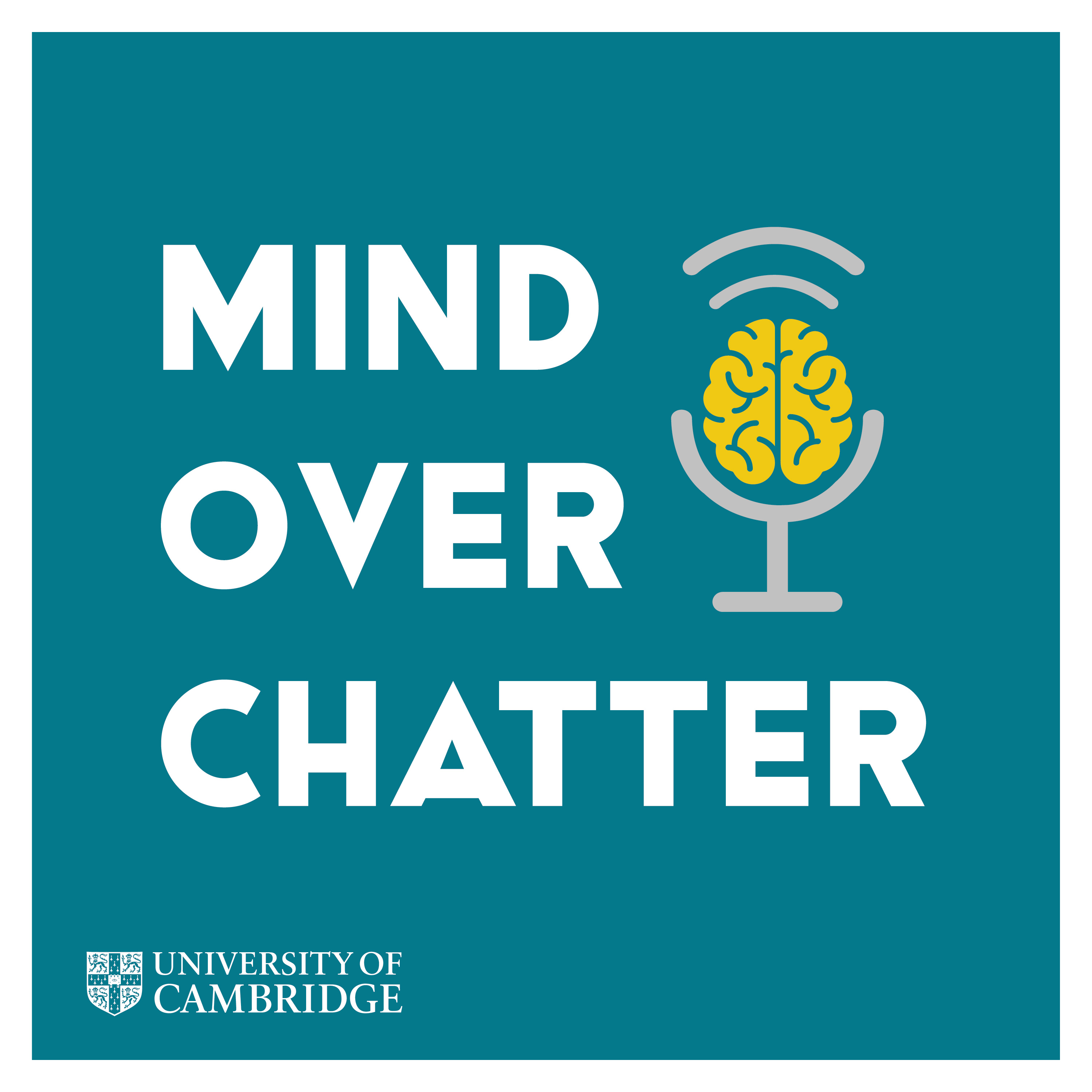bonus
Education’s moment of reckoning: access and inclusion in schools
In April 2020, as the COVID-19 pandemic spread across the globe, close to 1.6 billion children and youth were out of school due to temporary closures, representing more than 90% of students around the world, according to the United Nations.
In this episode, we take an international perspective with our guests Arif Naveed, Aya Waller-Bey, and Sara Allen. We discuss the double-edged sword of education systems around the world, for example, the US and Pakistan: how education both preserves inequality and how it can help us to overcome inequality.
Arif Naveed explores how the underlying social hierarchy that shapes day-to-day living also impacts the economic outcomes of schooling. Aya Waller-Bey talks about quality as opposed to simple access to education. Access depends on deep structural factors that mean opportunity is not equally distributed. Sara Allan gets us thinking about changing the way that institutions organise instruction and the role of the teacher. Would more of a student-centered approach improve access and inclusion in schools?
This episode was produced by Nick Saffell, Lucy Allen, and Rachel Gardner Dalton.
Timestamps
[00:00]- Introductions
[02:50]- What does access to education actually mean?
[03:50]- Access depends on deep structural factors that mean opportunity is not equally distributed
[04:50]- What are the long-standing, institutional barriers to equitable distribution of resources?
[07.35]- What does access to education look like in the Global South?
[08:20]- The economic outcomes of schooling
[11:05]- Does access mean inclusion?
[13:15]- Access for who? Who has access to what?
[14:25]- The importance of social relationships between students and teachers at schools
[14:55]- Can we design schools to be student-centered?
[17:10]- Where are we now..? Is it possible to improve learning at scale, but also learn from experience at the local level?
[22:05]- Are we at a moment of reckoning. Who is the education system set up to serve?
[25:10]- The justification for investment in education has predominantly been through its economic returns
[27:05]- The return on investment and student loan debt
[30:15]- How do we fund education going forward?
[38:45]- The value of social capital at the institutional level?
[41:15]- Where does cultural capital fit into the puzzle?
[43:50]- How do you define success for yourself? How much do students value their own identities?
[45:00]- Can institutions become more student-centered?
[45:35]- Social hierarchies and critical race theory
[47:50]- Outro
Guest Bios:
Aya M. Waller-Bey (@Aya__Marie) is a Ph.D. candidate in Sociology at the University of Michigan. Her current research examines the identity narration of Black students in college personal statements when applying to predominantly white institutions. In 2015, she was awarded the Gates Cambridge Scholarship to the University of Cambridge. Aya has shared her insights on postsecondary access, diversity, and inclusion in op-eds in the Huffington Post UK, University World News, the Hechinger Report, the 2016 White House Summit for Advancing Postsecondary Diversity and Inclusion, and as a panelist at SXSW Education in Austin, Texas.
Dr Muhammed Arif Naveed (@arif_naveed) is a lecturer at the Department of Education, University of Bath. Arif has had a tremendous impact on education in Pakistan as one of the lead designers of education reforms in Punjab. These ground-breaking policies specifically target the poorest, marginalised communities and girls and are revolutionising access to education in the region. His research focuses on the expansion of mass schooling in the Global South and its implications for social stratification and economic inequality. In 2014, Arif was awarded the Gates Cambridge Scholarship to the University of Cambridge.
Sara Allan, (@Sara_Allan) director of Early Learning and Pathways, Gates Foundation. Sara oversees efforts to increase the quality of pre-K systems and programs and to ensure that students effectively transition between Pre-K and K-12 systems, the K-12 system and the Postsecondary levels, and between education after high school and the workforce. Most recently, she led the development and implementation of program strategies targeted at improving the college and career readiness of U.S. students. Previously, Sara spent six years as a district-level leader at Portland Public Schools, where she led reform initiatives including restructuring the portfolio of schools, redesign of core human capital processes and systems, the development of school results frameworks, and directed resource allocation strategy, research, evaluation, data policy & analysis.


